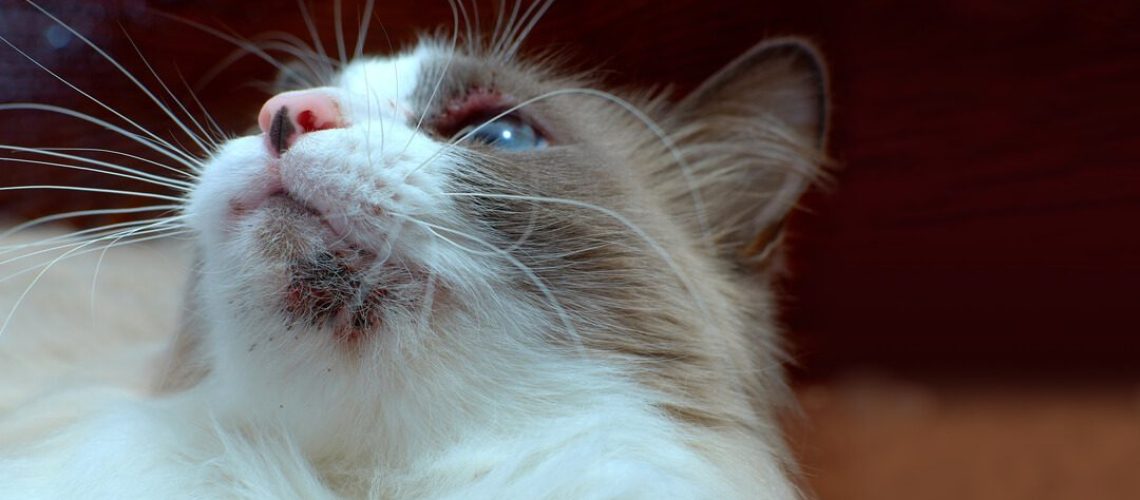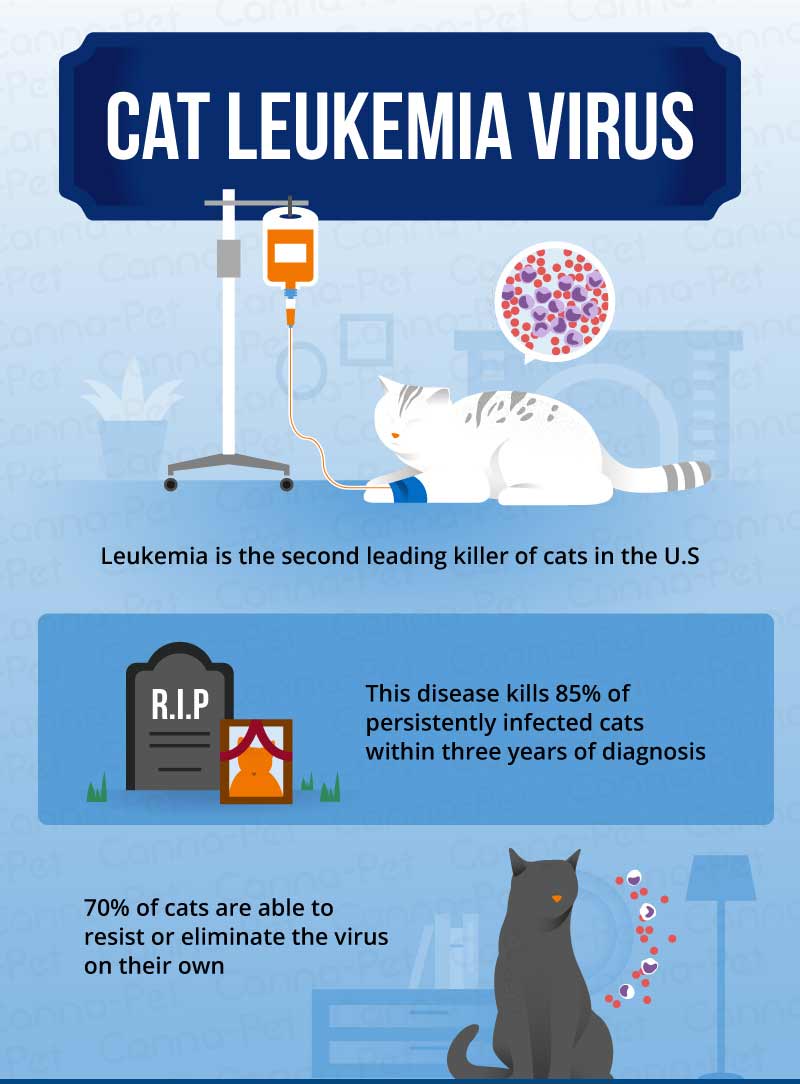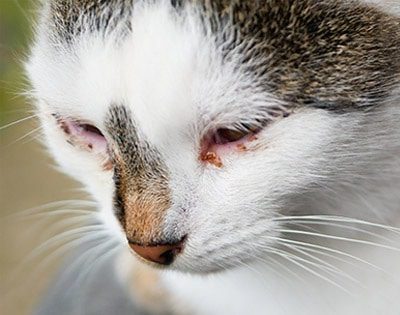Are you tired of seeing your furry friend struggle with chin acne? Well, look no further! In this article, we will explore the world of battling chin acne in cats and discover the incredible benefits it can bring to your pet's health and happiness.
Understanding this topic is essential because chin acne can cause discomfort and even lead to more serious infections if left untreated. By delving into this subject, you'll gain valuable knowledge on how to prevent and treat chin acne, ensuring a better quality of life for your beloved feline companion. So, let's dive right in and uncover the secrets to a clear and healthy cat chin!
Key Takeaways:
- Chin acne in cats is a common condition that can cause discomfort and irritation.
- Regular cleaning of the chin area with a mild cleanser can help prevent and treat chin acne in cats.
- Avoid using plastic food and water bowls, as they can harbor bacteria and contribute to chin acne.
- Consulting with a veterinarian is important to determine the underlying cause of chin acne and develop an appropriate treatment plan.
- In severe cases, medication or antibiotics may be necessary to control and manage chin acne in cats.
Causes of Chin Acne in Cats
Chin acne in cats is a common skin condition that can be caused by a variety of factors. One possible cause is the overproduction of oil in the sebaceous glands, which can clog the hair follicles and lead to acne. Another cause can be poor grooming habits, as cats may not clean their chins properly, allowing dirt and bacteria to accumulate. Allergies to certain foods or environmental factors can also contribute to chin acne in cats.
Additionally, stress and hormonal imbalances can play a role in the development of chin acne. Cats that are experiencing high levels of stress or have hormonal changes may be more prone to developing acne on their chins. It's important to note that chin acne is not contagious and cannot be spread from one cat to another.
Possible Causes of Chin Acne in Cats:
- Overproduction of oil in sebaceous glands
- Poor grooming habits
- Allergies to certain foods or environmental factors
- Stress
- Hormonal imbalances
Diagram:
Symptoms of Chin Acne in Cats: How to Recognize Them
Recognizing the symptoms of chin acne in cats is crucial for early detection and treatment. The most common symptom is the presence of small blackheads or whiteheads on the chin. These can sometimes be mistaken for dirt, but they are actually clogged hair follicles. In more severe cases, the acne may progress to become red, swollen, and even develop pus-filled sores.
Other symptoms of chin acne in cats include itching, scratching at the chin, and a loss of appetite. If you notice any of these signs in your cat, it's important to consult with a veterinarian for a proper diagnosis and treatment plan.
Common Symptoms of Chin Acne in Cats:
- Small blackheads or whiteheads on the chin
- Redness and swelling
- Pus-filled sores
- Itching and scratching at the chin
- Loss of appetite
Home Remedies for Treating Chin Acne in Cats
Natural remedies to soothe chin acne:
If your cat is experiencing chin acne, there are some home remedies you can try to alleviate the discomfort. One option is to gently clean the affected area with a mild, fragrance-free soap and warm water. This helps remove excess oil and bacteria that may be contributing to the acne. Another natural remedy involves applying a warm compress to the chin for a few minutes each day. The warmth can help reduce inflammation and promote healing.
Additionally, incorporating certain dietary changes may also help improve your cat's chin acne. Adding omega-3 fatty acids to their diet, such as fish oil supplements or foods rich in these nutrients, can have anti-inflammatory effects on the skin. It's important to consult with your veterinarian before making any dietary changes or introducing new treatments.
Tips for preventing chin acne:
- Keep your cat's food and water bowls clean by washing them regularly.
- Avoid using plastic bowls as they can harbor bacteria; opt for stainless steel or ceramic instead.
- Ensure your cat maintains good overall hygiene by regularly grooming them and keeping their fur clean.
- Consider using hypoallergenic or fragrance-free products when cleaning your cat's bedding or other items they come into contact with.
Treatments Prescribed by Veterinarians for Chin Acne in Cats
If home remedies do not provide sufficient relief for your cat's chin acne, it may be necessary to seek veterinary treatment. Your veterinarian may prescribe topical medications containing benzoyl peroxide or antibiotics to help combat bacterial infections and reduce inflammation. In more severe cases, oral medications such as antibiotics or isotretinoin may be recommended.
It's important to follow your veterinarian's instructions carefully when administering prescribed treatments. They will provide guidance on dosage, frequency, and any potential side effects to watch out for. Regular check-ups with the vet will also ensure that the treatment plan is effective and adjusted if necessary.
Factors that Increase a Cat's Risk of Developing Chin Acne
While chin acne can occur in any cat, certain factors may increase their susceptibility to developing this condition. One contributing factor is poor hygiene, as inadequate grooming can lead to the buildup of oil, dirt, and bacteria on the chin. Cats with oily skin or those prone to allergies may also be more prone to chin acne.
The type of food bowls used can also play a role. Plastic bowls, especially if scratched or damaged, can harbor bacteria that contribute to acne development. Additionally, stress or a weakened immune system can make cats more susceptible to skin issues like chin acne.
Can Chin Acne Spread to Other Parts of a Cat's Body?
Chin acne typically remains localized to the chin area in cats and does not spread extensively to other parts of the body. However, it is possible for secondary infections or complications to arise if left untreated. Bacterial infections from open sores caused by excessive scratching or rubbing at the affected area can occur.
If you notice any signs of spreading or worsening symptoms beyond the chin area, it is crucial to consult with your veterinarian promptly for proper diagnosis and treatment.
Duration of Treatment for Chin Acne in Cats: How Long Does It Take to Clear Up?
The duration of treatment for chin acne in cats varies depending on various factors such as the severity of the condition and how well your cat responds to treatment. Mild cases may clear up within a few weeks with consistent home remedies and proper hygiene practices. However, more severe or persistent cases may require several weeks or even months of treatment.
It's important to be patient and follow the recommended treatment plan consistently. Regular communication with your veterinarian is essential to monitor progress and make any necessary adjustments to the treatment regimen. With proper care and management, most cases of chin acne in cats can be effectively controlled or resolved over time.
In conclusion, chin acne in cats is a common condition that can be treated with proper care and hygiene. By keeping their chin clean and using suitable products, we can help our feline friends stay healthy and free from acne.
Should I remove my cats chin acne?
It is important to never pick at your cat's acne as doing so can make the condition worse and potentially lead to more pain and infection. Treatment for cat acne may involve the use of oral or injectable antibiotics and topical shampoo or wipes.
When should I take my cat to the vet for chin acne?
If you observe any of the following symptoms in your cat, it is important to consult a veterinarian or veterinary dermatologist immediately: the presence of crusty sores below the chin or on the lips, hair loss around the chin or lips, and any signs indicating pain or discomfort.
Can I put Neosporin on my cats chin acne?
Sometimes, a topical medication may be used to resolve the issue, but cats often lick off the medication. I typically do not suggest using Neosporin ointment for cats as they tend to ingest it. Neosporin is designed for human skin, which is mostly without hair.
Can cats get chin acne from stress?
While it is not typical for cats to have acne due to oily skin or poor hygiene, it can occur in cats who are not grooming themselves adequately. Cats may develop breakouts on their skin if they are experiencing stress, injuries, or chronic pain that hinders their ability to clean themselves.
What happens if cat acne is left untreated?
If cat acne is not treated, it can result in other problems. For instance, if your cat's chin or face feels itchy, they may scratch to relieve the discomfort. Scratching can cause the skin to become irritated or wounded, potentially leading to a bacterial infection.
Is cat chin acne painful?
Cat chin acne is typically a mild condition, but it can occasionally become infected and cause discomfort for the cat. We have gathered information from four veterinarians, including a specialized veterinary dermatologist, to provide you with all the necessary information about cat chin acne, including treatment and prevention options.

















